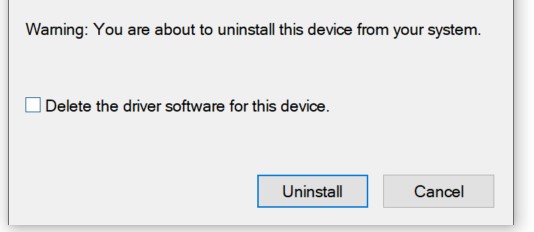

In theory this should have much less jitter, but I doubt many could actually hear the difference. Some think they can hear the jitter introduced by this (most can't) so there are other devices that use USB asynchronous transport, where the sampling clock and USB clock are effectively separate. Many devices including the PCM29xx series, the C-media CM108, and Akm AK4571 all use a PLL to derive the sampling clock from the USB clock.

As for USB audio, it really depends on the price point. Also Elliot Sound Products has a few projects: Ultimately, people tend to build to a price point, not to measurable "quality".

There are plenty of decent high current opamps that do the job well. You could build a headphone amp for about $10 (not including enclosure). Realtek have chips in most computers, but I have also not found any sources for these or any documentation for that matter, perhaps you need to sign contract with them?!ĭoes anyone have any other ideas for good solutions for USB to Audio ICs?.CM6631A)! But I you cant buy them from Digikey, Mouser, etc, and documentation is also a bit lack: C-Media makes good USB Audio chips (ex.but I have not found any USB chips on their website: Cirrus Logic makes a lot of Audio Interfaces, Codec, and DAC chips etc.Silicon Labs make the CP2615, but it is also limited to max 48 kHz.Texas Instruments have PCM29XX and PCM27XX series chips that do exactly this, but they are all limited to 48 kHz sampling rate and 16 bit resolution, they also run S/PDIF which is also a bit limiting when selecting DACs (unless you use built-in one).But feel free to suggest alternative methods if you like! Here is what I have found so far: It seems the most common serial protocol is I2S (not I2C), and many DACs support this format, hence USB to I2S is probably what I am looking for, alternatively if the chip has its own DAC with good quality. But I am having problems finding USB audio ICs that will interface with a PC (using default drivers in Windows) and output serial data. I am also in the need for a headphone amp and haven't found anyone I like on the market that doesn't cost more than $1000. without having to write my own windows drivers and firmwares. The main purpose is to learn more about USB interfacing, connectors, impedance matched traces etc. First project will be to drive headphones because it is simpler/cheaper than making a large power amp. I'm planning on making a USB Audio DAC/Amplifier.


 0 kommentar(er)
0 kommentar(er)
